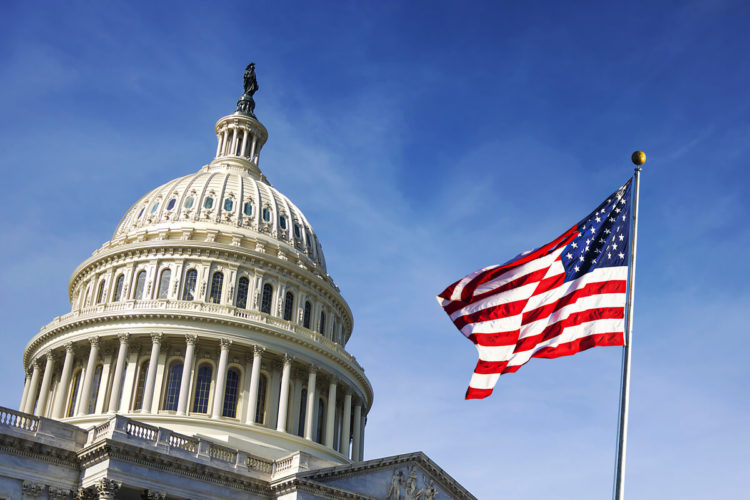Stablecoins are in for another battering at the hands of the United States policymakers – with the Senate now getting in on the act: a committee chief has expressed “significant concerns” about the “consistency” of the terminology used to audit them.
The Democrat Senator Sherrod Brown, Chairman of the Senate Committee on Banking, Housing and Urban Affairs, sent a letter to the USD coin (USDC) mastermind Circle, with similar letters also sent to Coinbase, Gemini, Paxos, TrustToken (PAX), Binance.US and Centre.
The letters made a number of requests of the entities. In the case of the letter to Circle, it included the following:
“Please describe the basic purchase, exchange or minting process[es] by which customers can acquire USDC for USD. In your answer, explain any relevant limitations or qualifications to engaging in and completing that process.”
A similar letter, this time asking the company behind tether (USDT), Tether Holdings Limited, for answers, was also issued.
The Senator asked the firms to produce written answers by December 3.
Brown’s letter made repeated references to a November Report on Stablecoins from the President’s Working Group, which some in the American crypto community last month dismissed as an example of “fear-mongering.”
But Brown warned the firms that their customers might not understand how stablecoins work – or the risks involved with using them.
In the letter to Circle, he explained:
“I have significant concerns with the non-standardized terms applicable to [the] redemption of particular stablecoins, how those terms differ from traditional assets, and how those terms may not be consistent across digital asset trading platforms.”
The IT writer Kyle Gibson opined on Twitter that the Senate was seeking to ask questions “about Tether’s reserves that every exchange that has ever listed USDT should have asked,” as Tether “doesn’t produce audits.”
The Circle CEO Jeremy Allaire responded publicly by saying “thank you” to Brown and writing that he was “looking forward” to “working with” Brown to “ensure consumers are appropriately protected.”
Brown further wrote that “complex terms and conditions” were applicable to “digital assets and stablecoins,” which “can make it difficult for investors and consumers to fully understand the details of how those assets function and their potential risks.”
He added that he was concerned that buying stablecoins from crypto exchanges “may not provide customers with the same rights and entitlements as a direct purchase from an issuer,” adding that customers “may have different rights based on the amount of stablecoins owned or transacted.”
____
Learn more:
– A US Fed Governor Argues That Stablecoins Scaling Fast is Not a Concern
– SEC Looks Set to Unleash Stablecoin Crackdown in US
– Crypto Community Smarts at US Regulators ‘Fear-mongering’ Stablecoins Report
– Local Stablecoin ‘Crackdown’ Builds a Case For Decentralized Money
– Countries Should Prevent ‘Regulatory Arbitrage’ for Stablecoins – FSB
– ECB Publishes New Oversight Framework, Set to Include Stablecoins
Credit: Source link













































































































































